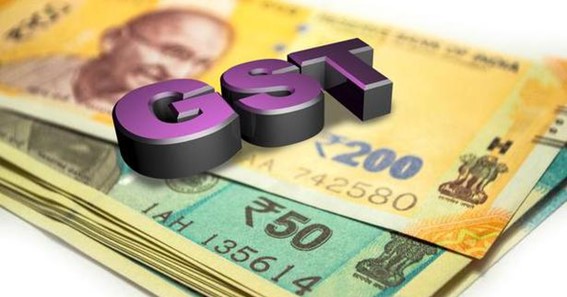What is the composition scheme under GST?
This is a scheme that allows small taxpayers to pay GST at a fixed rate of turnover. They will be free from tedious GST formalities like filing of returns and maintenance of detailed books of accounts.
Who can opt for the composition scheme?
Small taxpayers with an annual turnover up to Rs. 1.5 crore can register under the composition scheme. In special category states, this limit is Rs. 75 lakhs. However, these limits can be increased by the government in the case of special category states up to a maximum of Rs. 1.5 crore.
While GST compensation scheme is generally considered good for small business owners, its details are slightly more complicated than the consent letter for GST registration. So now that you have had a quick introduction to the scheme let’s understand the pros and cons of this scheme for you:
The good side of the compensation scheme:
- Lesser Compliance
There is lesser compliance required under the composition scheme of GST. The taxpayer needs to file only one annual return and one quarterly return in a financial year. The taxpayer need not file monthly returns or invoice wise returns as it is mandatory for normal taxpayers. So while constraints like following the GST bill format still exist by virtue of being registered under GST this scheme certainly reduces the time and efforts of the taxpayer in complying with various formalities under GST law. You can visit Khatabook to learn more about the GST bill and the right format for it.
Click here – 5 Worst eCommerce Marketing Fails Everyone Should Avoid
- Time-Saving
The time saved by the taxpayer from reduced compliance is put to better use in his business which increases the productivity and efficiency of the taxpayer and will eventually increase his turnover and profits.
- Lower tax rates
If you are registered under the composition scheme your tax burden is significantly reduced. This is because the GST council has recommended different rates for taxpayers under the composition scheme. These rates are much lower than what you would have to pay normally.
The not so good side of the compensation scheme:
- No Input Tax Credit:
Since the tax liability of a taxpayer who has opted for the composition scheme would be limited to 1% (in the case of the manufacturer) or 0.5% (in the case of the trader) he would not be able to take credit for tax paid on outward supplies i.e. Input tax credit shall be disallowed under the composition scheme. This may create an extra burden on such taxpayers since they will have to bear the additional cost in form of input tax credit which otherwise would have been set off against output tax liability had they opted for a regular way of doing business i.e. by registering under GST and paying taxes
- Not applicable on interstate movement of goods
A taxpayer cannot opt for a composition scheme if they are engaged in the inter-state sale of goods or supply of service or both. A taxpayer can only avail of the benefits of this scheme if they restrict sale within one state and does not take his business beyond that state i.e. inter-state sales are not permitted under this scheme. This fact must be noted by every businessman who wants to opt for this scheme and avail of its benefit since availing benefit from any government scheme comes with its own cost in terms of restrictions and limitations which have been imposed on it to make sure that only those who deserve the benefit get it and it does not get misused along the way.
Click here – 7 Factors to Shortlist a Hair Growth Oil for Men
